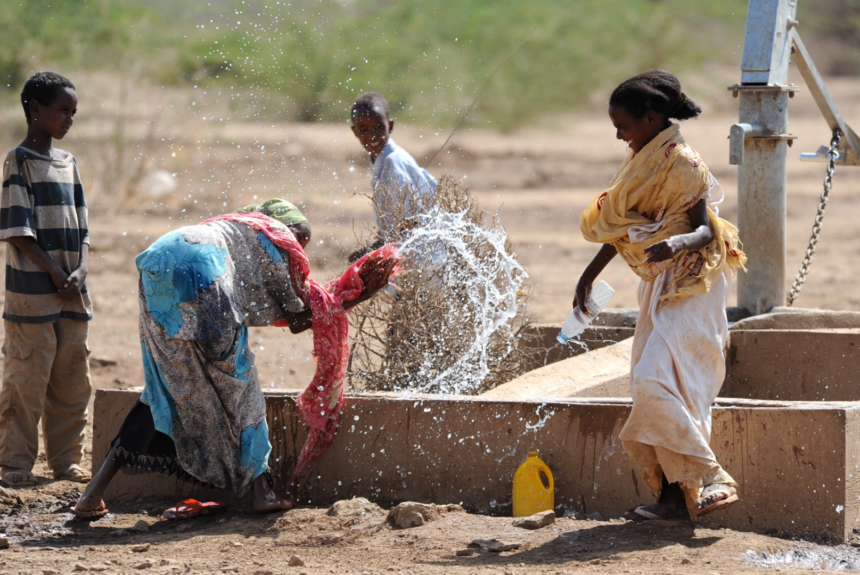The Omo Valley in southern Ethiopia is a region rich in diverse landscapes, ranging from lush forests and grasslands to arid deserts. It is home to over 35 different indigenous ethnic groups, each with their own unique cultures and ways of life. However, this region is facing a severe water crisis that is threatening the livelihoods and survival of its people. The main source of water for the Omo Valley is groundwater, and with the growing population and increasing water demands, it is imperative that sustainable and advanced groundwater solutions are implemented to address this crisis.
Groundwater is the water found beneath the Earth’s surface, in the pores and cracks of rocks and soil. It is a vital resource for the Omo Valley, as it provides the main source of water for domestic, agricultural and industrial use. However, due to the region’s limited surface water resources and frequent droughts, groundwater is being increasingly relied upon to meet the growing water demands.
The current methods of accessing and utilizing groundwater in the Omo Valley are outdated and unsustainable. The traditional and manual methods of digging wells and using hand pumps are insufficient to meet the growing water needs of the region. Furthermore, the overexploitation of groundwater has led to a decline in water levels and the depletion of aquifers, resulting in salinization and contamination of the remaining water sources.
To address this crisis, there is an urgent need for advanced groundwater solutions that take a holistic and sustainable approach. One such solution is the implementation of modern technologies, such as solar-powered pumps and filtration systems. These systems are cost-effective, environmentally friendly, and can provide a reliable source of clean water, even in remote areas of the Omo Valley.
Another crucial aspect of advancing groundwater solutions in the Omo Valley is the need for proper management and regulation. Currently, there is a lack of monitoring and control over groundwater use, leading to over-extraction and wastage. The government, together with local communities and stakeholders, must work together to establish effective groundwater management plans. This can include setting limits on extraction, implementing water-saving techniques, and promoting the use of rainwater harvesting.
In addition to technological advancements and management strategies, community involvement and education are vital in promoting sustainable groundwater solutions in the Omo Valley. Local communities must be educated on the importance of preserving and conserving groundwater resources. This can include practices such as proper waste management to prevent groundwater contamination and the promotion of sustainable farming techniques that use less water.
Furthermore, community involvement in the planning and implementation of groundwater projects can ensure their sustainability and success. By involving the local communities, there is a greater sense of ownership and responsibility, leading to better management and maintenance of the projects.
In conclusion, the Omo Valley is in urgent need of advancing groundwater solutions to address its water crisis. The region cannot rely solely on traditional methods of groundwater access and management; instead, a more holistic and sustainable approach is needed. By implementing modern technologies, proper management strategies, and promoting community involvement and education, we can ensure a steady and reliable supply of clean water for the people of the Omo Valley. It is essential to act now and work together towards a better and more sustainable future for this beautiful and diverse region of Ethiopia.
Discover more from Omo Valley Clean Potable Water Initiatives
Subscribe to get the latest posts sent to your email.

